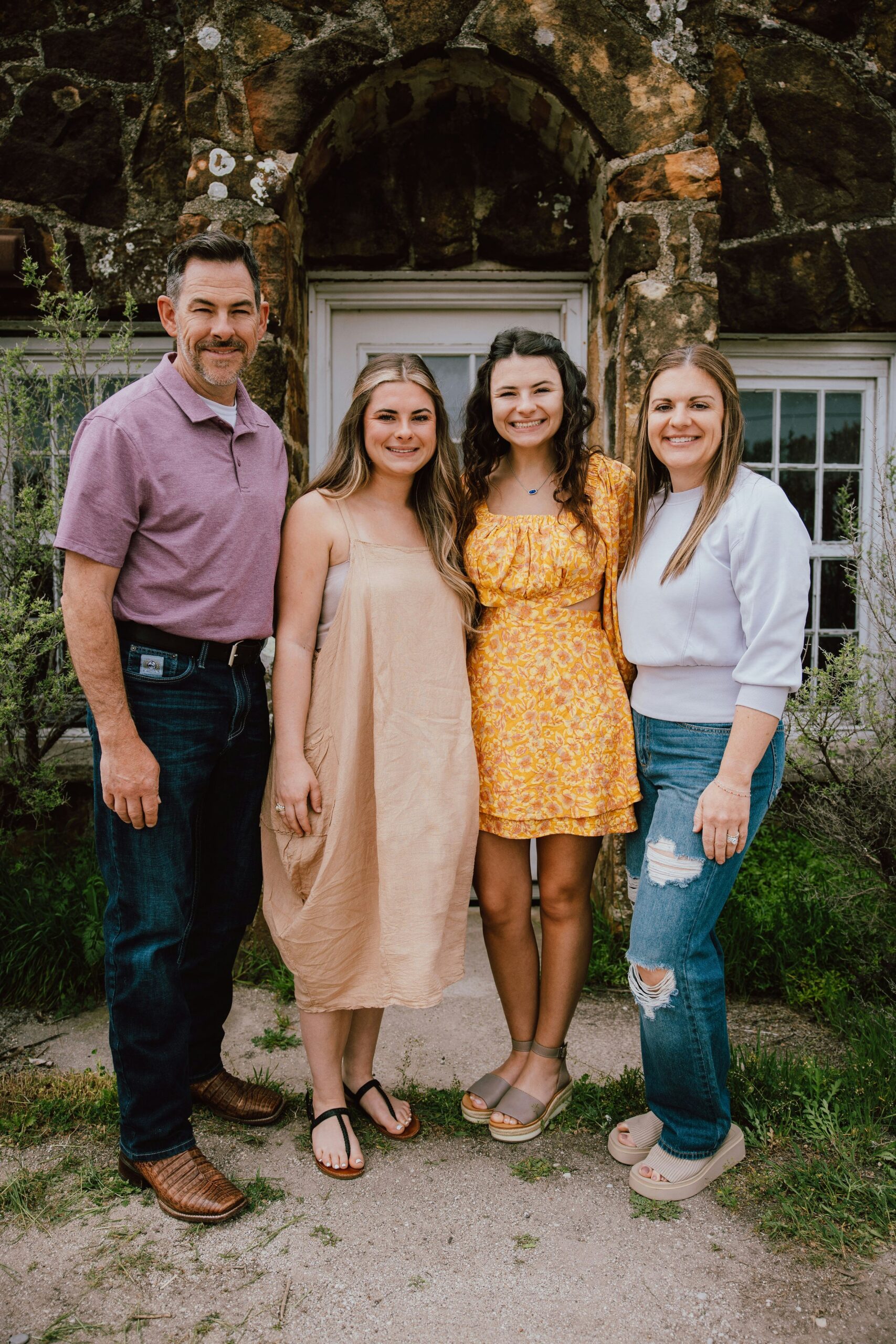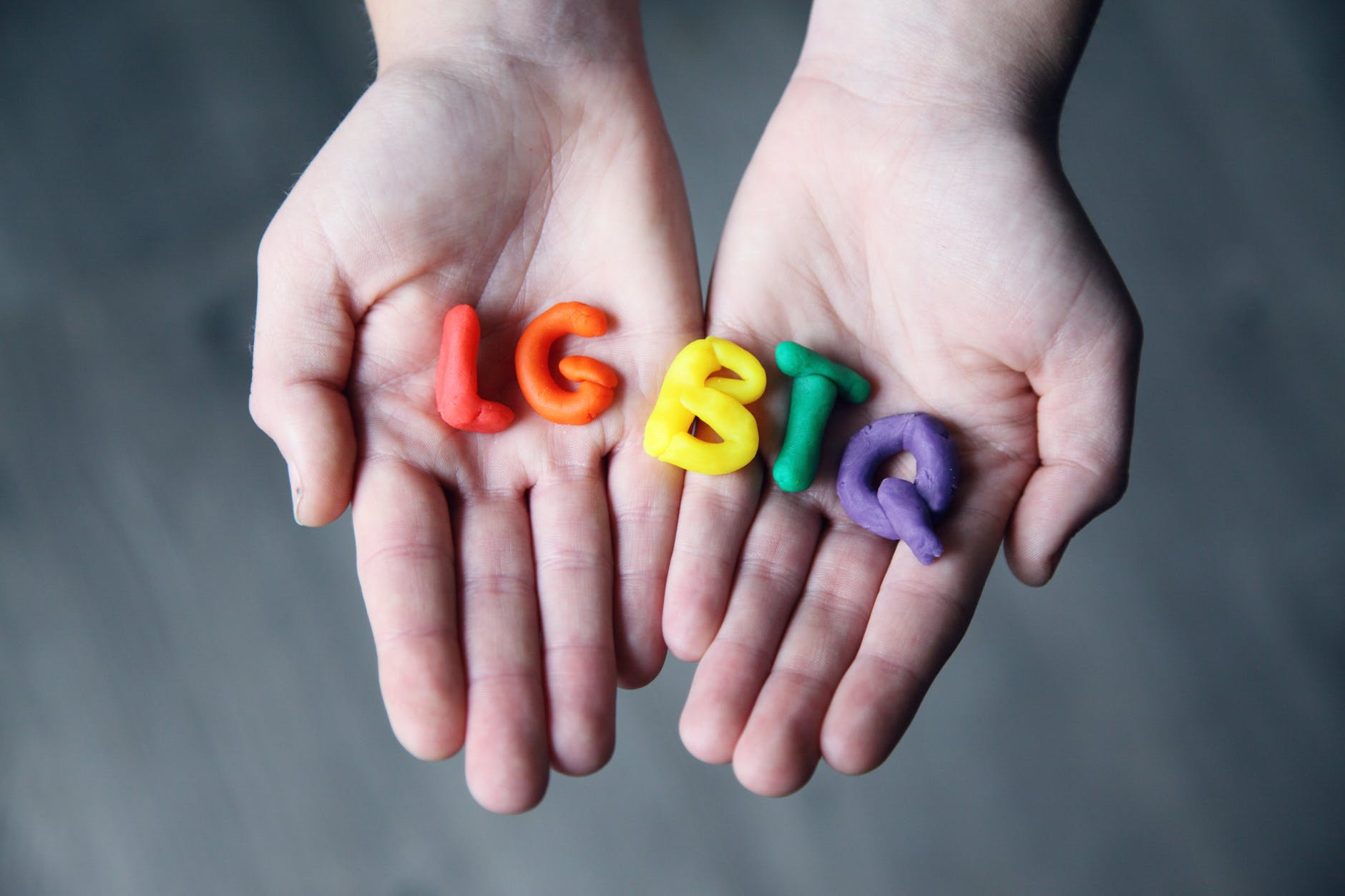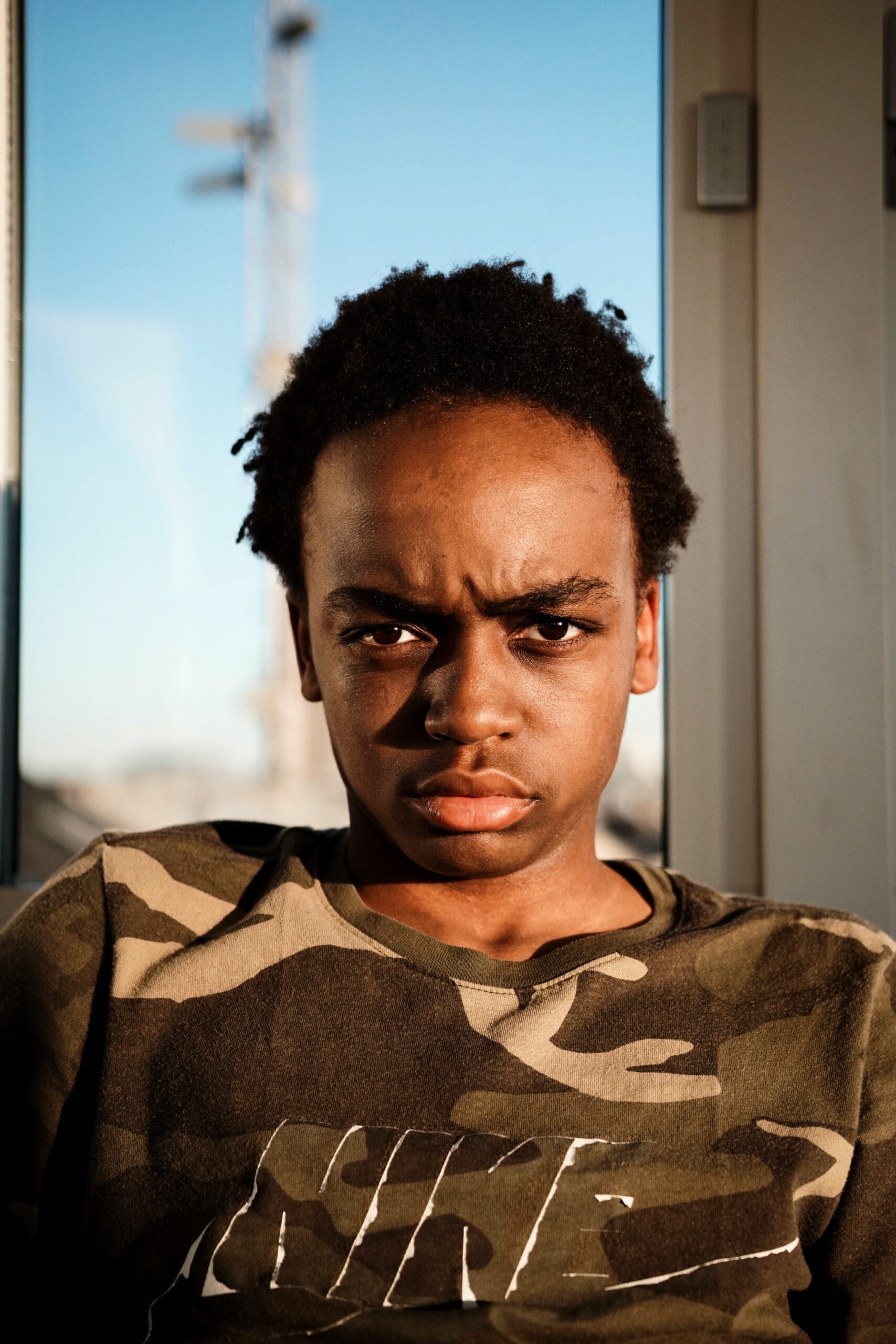
The death of a loved one. A grave personal illness. Loss of income. These traumatic events rank among the most stressful experiences a person can endure, according to psychiatrists Thomas Holmes and Richard Rahe.
#JamesDonaldson notes:
Welcome to the “next chapter” of my life… being a voice and an advocate for #mentalhealthawarenessandsuicideprevention, especially pertaining to our younger generation of students and student-athletes.
Getting men to speak up and reach out for help and assistance is one of my passions. Us men need to not suffer in silence or drown our sorrows in alcohol, hang out at bars and strip joints, or get involved with drug use.
Having gone through a recent bout of #depression and #suicidalthoughts myself, I realize now, that I can make a huge difference in the lives of so many by sharing my story, and by sharing various resources I come across as I work in this space. #http://bit.ly/JamesMentalHealthArticle
Amid the novel #coronavirus #pandemic, many American are facing these stressors.
The current #pandemic is not just a medical tragedy. Even when the medical threat has disappeared, psychiatrists say people across the globe will battle psychological scars for years.
The documented connection between viral #pandemics and psychological #stress dates back more than 100 years ago, when Karl Menniger linked the 1918 Spanish flu #pandemic with changes in psychiatric complications. The influenza virus most commonly affects the respiratory system, but the burden on neuropsychiatric diseases are under-recognized, he said.
A major study was conducted in 1920 in the #UnitedStates to determine the impact of the influenza #pandemic of 1918 on subsequent rates of #suicide. Researchers concluded that the #pandemic caused #suicide to rise but a decline in alcohol consumption reduced national #suicide rates.
Since then, many researchers have taken a closer look at the #mentalhealth impact during and after a #pandemic. A study published in 1994 in the wake of the HIV/AIDS #pandemic in The Journal of Crisis Intervention and #SuicidePrevention suggested that those diagnosed with HIV were more likely to die by #suicide and found that individuals with better support structures and less #stress overall were less likely to die by #suicide.
Since the Spanish flu #pandemic of 1918, there has not been enough data gathered on the topic, given the absence of a #pandemic of this magnitude and impact since. Experts say researchers will need to keep tabs on the #mentalhealth of the nation to see if the trends of the past hold true in the future.
President Trump recently announced that he is expecting the rates of #suicide and drug addiction to increase due to the recent economic fallout. While no recent data can confirm or refute his claims, it is possible #suicide rates will go up, but the future is uncertain.
“This is an unprecedented event for the vast majority of people. It is certainly reasonable to expect the risk of #suicide increasing secondary to the economic and social fallout,” Dr. Shailinder Singh who is a psychiatrist working in a psychiatric emergency room in a New York City hospital told ABC News.
However, he emphasized that “while some may argue this will directly correlate to an increased rate of death by #suicide, there is simply not enough data, both current and historical, to suggest this will be the case,” he added.
“Fear of losing one’s job is a major concern for those already suffering from #mentalillness,” Singh added. With 6.6 million people applying for unemployment in the past month, there is major concern among #mentalhealth workers how this will impact #depression and #suicide rates.
According to the #NationalAllianceofMentalHealth, people are more likely to die of #suicide if they also have experienced substance abuse, intoxication, medical illness, #stress, have access to firearms, or suffered recent tragedy or loss. Drugs can create mental highs and lows that worsen suicidal thoughts. And more than 1 in 3 people who die from #suicide are under the influence of alcohol at the time of death, #NAMI reports.
Dr. Ken Duckworth, chief medical officer of #NAMI told ABC News that rates of #suicide aren’t always closely tied with viral #pandemics or high rates of unemployment.
“Economic instability and unemployment have been linked to increase in #suicide,” he said. “However in the past few years we have seen a rise in #suicide despite economic prosperity.”
Duckworth said that the #pandemic seems to be fanning the flames, with #NAMI seeing an increase in calls related to #anxiety and #depression over #COVID-19.
“Most people are worried about having access to care, medications and whether supply of medications are running low,” he said.
“People’s #mentalhealth needs, and call volumes to hotlines, may shift during the different stages of disaster, including in the recovery phase. It is very difficult to predict the duration or length of each stage, especially in a situation such as this, which carries a number of enduring stressors over time,” John Draper, executive director, #NationalSuicidePreventionLifeline told ABC News.
Meanwhile, the #pandemic has prompted many #Americans to buy more firearms. The FBI reported a 73% increase in background check applications for gun purchases in March compared to the same month a year ago.
Experts say the wide availability of guns in America matters for #suicideprevention because guns are more lethal than any other #suicide method.
“We might see an increase in #suicide in states where the ownership of guns are more acceptable such as Alabama, Ohio and Michigan,” said Duckworth.
Meanwhile, one of the solutions for the #pandemic — social #isolation — could prove disastrous for #mentalhealth.
“#Socialdistancing and #isolation are triggers for people with #mentalhealthissues,” said Singh.
“Humans being don’t do well with #isolation,” Duckworth added. However, he believes that technology will help keep connections alive as well as patient-doctor contact by telehealth visits.
“It will be an experiment. We would have to wait and see how technology will help lessen the impact of the #pandemic,” he said.
If you or a loved one is experiencing suicidal thoughts, The #NationalSuicidePreventionLifeline provides 24/7, free and confidential support. Call 1-800-273-8255 for help.
For resources regarding #mentalhealthtreatment #NAMI HelpLine is a free, nationwide peer-support service providing information, resource referrals, and support to people living with #mentalhealthconditions, their family members, and caregivers. Call 1-800-950-NAMI or text #NAMI to 741741 If you are located in NY and need #mentalhealthsupport, call 844-863-9314. Yalda Safai MD, MPH is a psychiatry resident in NYC and contributor to ABC’s medical unit.



